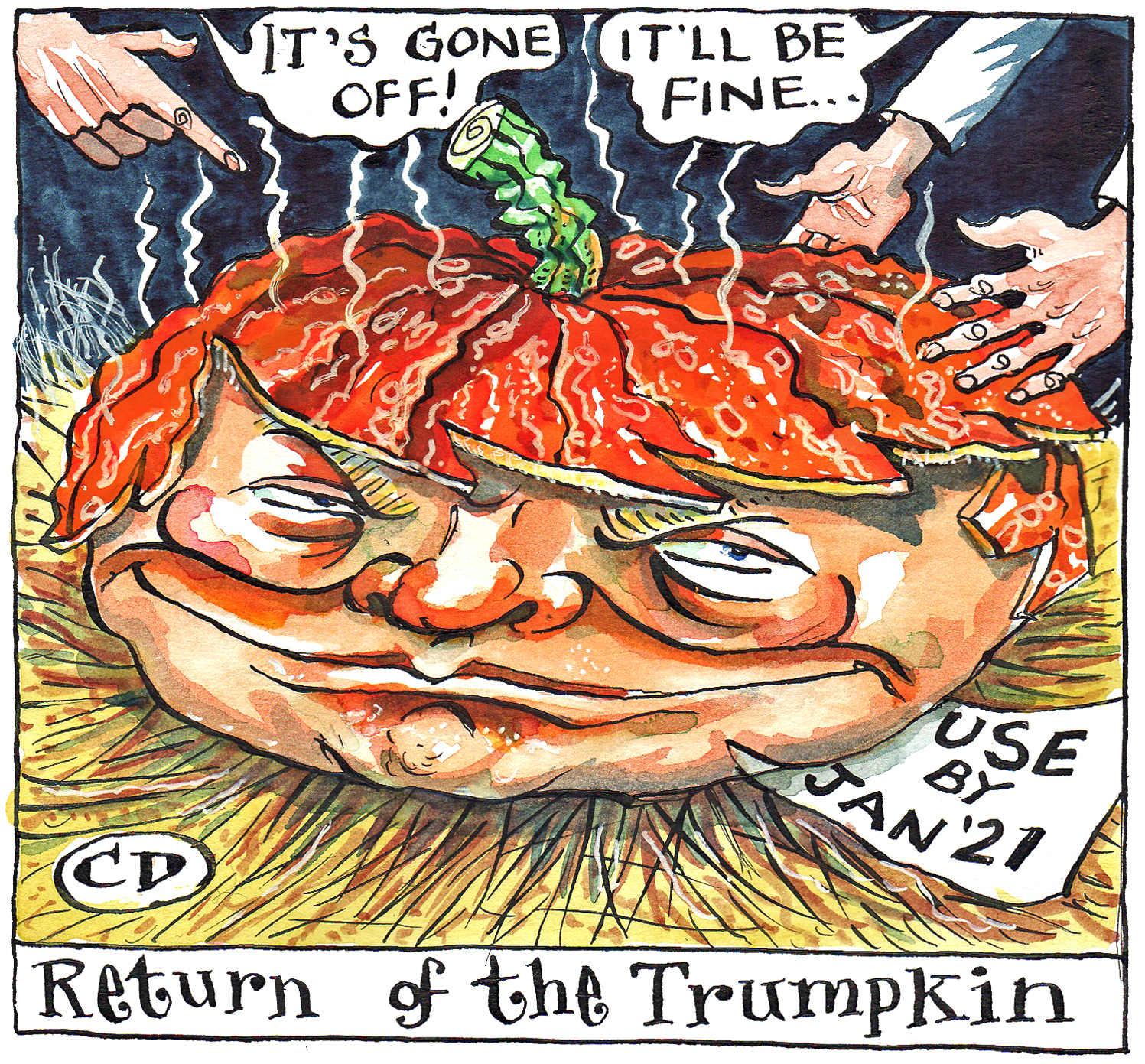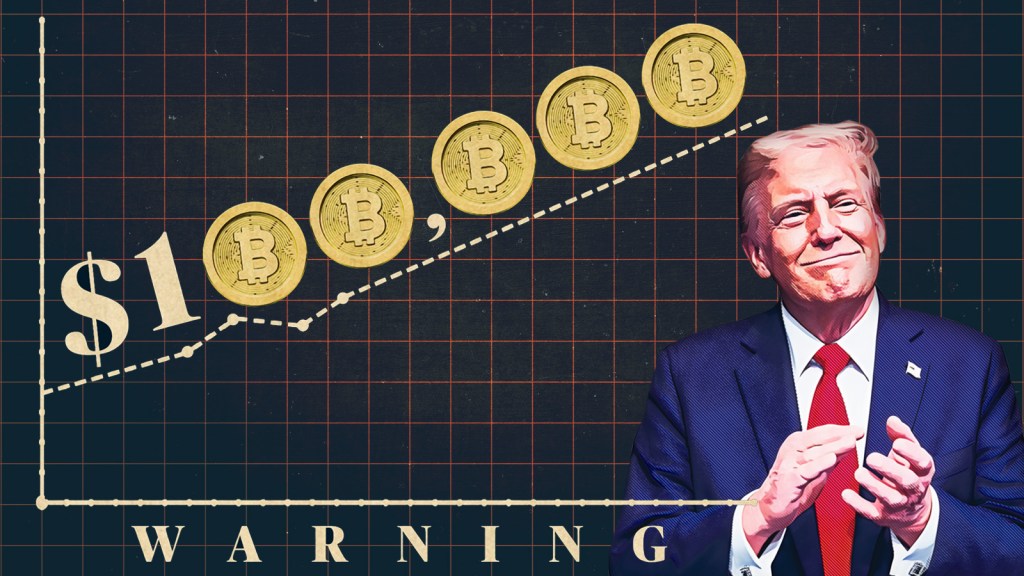Three Major Risks Looming: Why Are Markets Remaining Unperturbed?
Financial markets are approaching a critical few days, with two significant uncertainties on the horizon and a third that could emerge unexpectedly.
The anticipated uncertainties include the upcoming budget announcement set for next Wednesday, and the US election occurring just six days afterward on November 5. Additionally, there is the potential for an Israeli attack on Iran, which creates yet another layer of uncertainty.
All three of these events hold the potential to significantly impact the markets. However, despite these looming threats, market indicators remain surprisingly calm.
The FTSE 100 has surged nearly 8 percent this year, only about 100 points shy of its highest-ever levels. Meanwhile, the FTSE 250 has also improved, rising over 7 percent but lagging slightly behind its larger counterpart.
In the United States, the Dow Jones has increased by 14 percent year-to-date, nearing its peak. In contrast, the Nasdaq, which is heavily populated with technology stocks, has outperformed with even greater gains. There has been some fluctuation in bond markets, reflecting investors’ quickly changing views on inflation and interest rates across the US and the eurozone.
On Thursday, gilt yields edged higher following Rachel Reeves’s announcement regarding a new measure of government debt for fiscal rules, yet this hardly suggests a market bracing for trouble.
So, why is this the case? There are likely three key explanations.
First, although financial markets are fundamentally about forecasting the future, they are influenced by human behavior, which often views the future as merely an extension of the past, making them hesitant to acknowledge potential risks.
The financial crisis of 2007 supplied several examples of this denial. Even when it became clear that major financial institutions were on the brink of collapse, many industry leaders failed to confront the reality due to fear or ignorance.
Chuck Prince, then-CEO of Citi, famously remarked in mid-2007 that “as long as the music is playing, you’ve got to get up and dance. We’re still dancing,” just months before his bank required a massive government bailout. Similarly, Lehman Brothers’ finance director insisted on the strength of their capital just days before the firm declared bankruptcy.
This tendency to overlook risks is not new. What distinguishes the current situation is that this characteristic has been both affirmed and rewarded by recent market performances.
In previous instances, investors who panicked often faced losses. For instance, early last year, fears of a tech bubble led to a decline in Silicon Valley stocks, but those who remained resolute enjoyed significant returns when the Nasdaq jumped from around 11,000 points in January 2023 to approximately 18,500.
Market responses have shown resilience time and again. In 2018, escalating tensions between North Korea and the US sparked fears of a nuclear crisis, yet market fluctuations were short-lived. Similarly, despite widespread expectations of a spike in oil prices following the Hamas attack on Israel, Brent crude has actually decreased by about $10 per barrel since then.
Current investor sentiment seems to reflect these lessons learned, as they disregard warnings surrounding the three present threats.
Concerning the first two threats, while the budget might trigger dissatisfaction among taxpayers, it appears unlikely that Chancellor Reeves will take radical actions that would disrupt stock markets or incite a bond sell-off. The potential for disarray has largely been mitigated with the prior announcement of changes to the debt rules.
Conversely, the impact of any Israeli action against Iran remains highly unpredictable. The nature and extent of such an assault would greatly influence outcomes, making it difficult to justify any significant speculation on oil price movements.
The third potential threat, however, carries considerable known factors that could result in significant consequences.
If Donald Trump secures victory in the upcoming US election, the likelihood of considerable disruptions in global trade increases. Trump has been vocal about imposing substantial tariffs, indicating he would levy 60 percent tariffs on Chinese imports and 10-20 percent on products from other nations.

Notably, as the election date nears, Trump has intensified his tariff rhetoric. Recent media coverage of his interview in Chicago with Bloomberg’s editor-in-chief, John Micklethwait, highlighted their contentious exchanges, but overlooked Trump’s economic policy assertions.
The Republican candidate characterized tariffs as a catch-all solution to penalize unfair trade practices, revive America’s manufacturing base, and generate revenue to lessen the federal deficit.
The Peterson Institute for International Economics has stated that Trump’s tariffs would drastically affect the economy, businesses, consumers, and employees, with outcomes that are difficult to anticipate.
While presidential powers have limits, much hinges on congressional control following the election.
If Trump wins decisively, giving Republicans control of both the House and Senate, he is poised to enact policies swiftly. Economist Raphaël Gallardo from Carmignac suggests that such a victory would be inflationary and increase the deficit, potentially leading to interest rate hikes to manage inflationary pressures. This scenario could lead Trump to replace Federal Reserve Chair Jay Powell with someone more accommodating to lower rates.
Recently, US bond yields have begun to rise, indicating that markets are starting to recognize the possibility of a Trump victory aligning with his campaign commitments. While it is sensible for investors not to fret excessively about the budget announcement next week or to navigate the complexities of Middle Eastern tensions, Trump has made it clear how his win would affect the economy. Ignoring his potential impact could be perilous for the markets.
Dominic O’Connell is a business presenter for Times Radio.




Post Comment